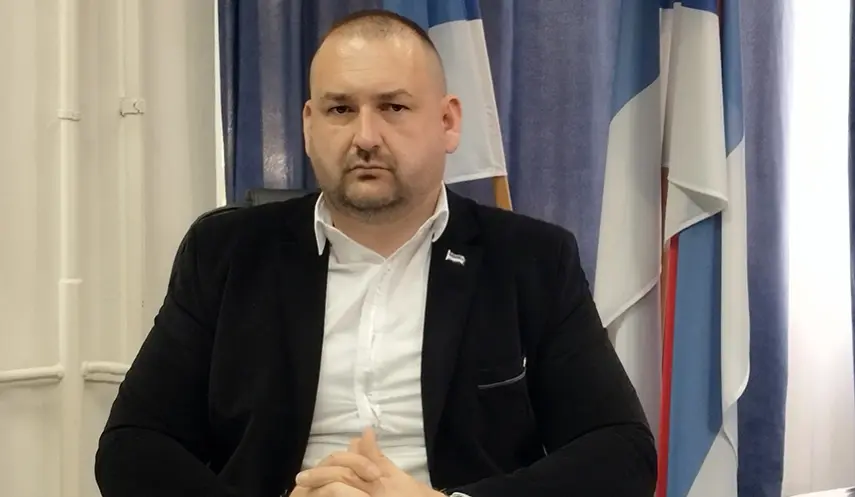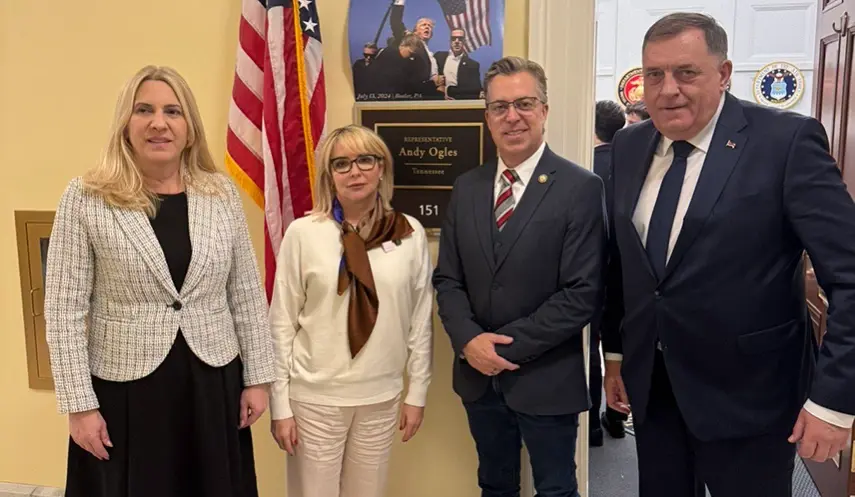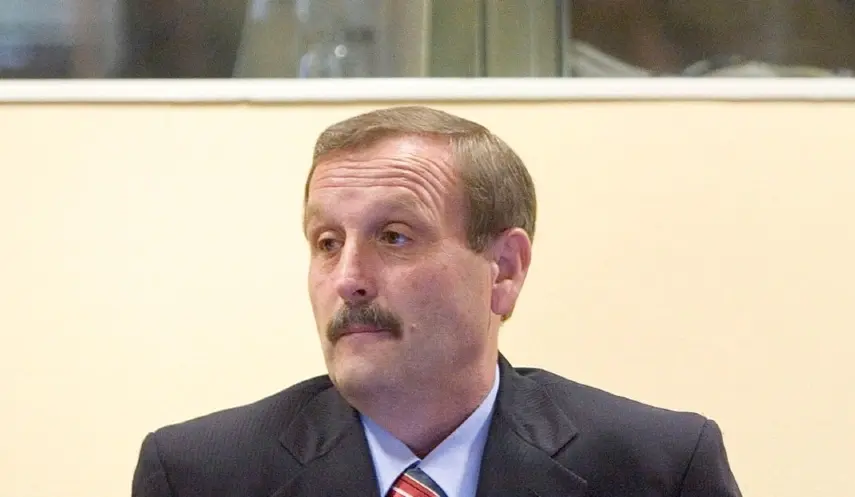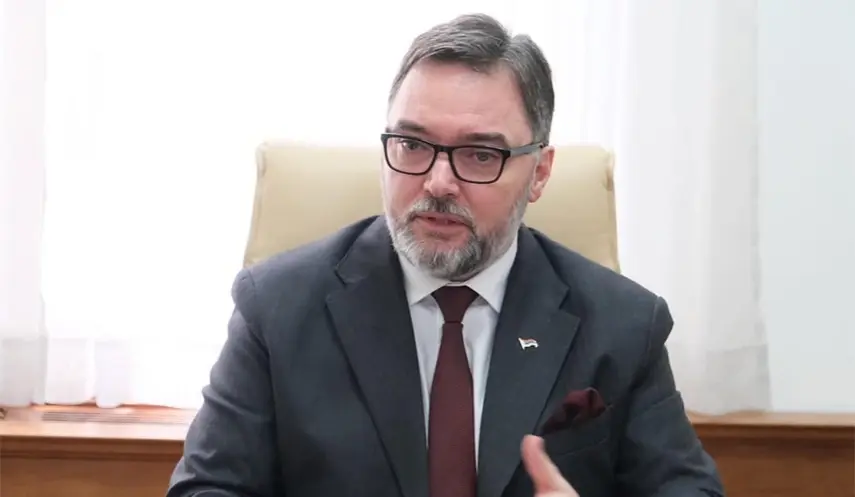NUŽDIĆ: WE MUST NOT GIVE UP FIGHT FOR JUSTICE FOR SERB WAR VICTIMS
BiH - judiciary - war crimes
10/14/2025
08:50

BANJA LUKA, OCTOBER 14 /SRNA/ – Institutions of Republika Srpska and Serb representatives at the BiH level must not give up the fight for justice for Serb war victims, said Acting Director of the Republika Srpska Center for Research of War, War Crimes and the Search for Missing Persons Viktor Nuždić.
Commenting on the proposal by judicial institutions at the BiH level to extend by three years the deadline for implementing the Revised Strategy for Processing War Crimes Cases, Nuždić told SRNA that this proposal has been submitted to the Council of Ministers for final approval.
"It is uncertain whether and when this decision will be adopted, especially given, among other things, the obstructions by Bosniak representatives in the Council of Ministers during the adoption of the Revised Strategy and the establishment of the Supervisory Body," Nuždić said.
He warned that the expiration of the Strategy could serve as an alibi for the BiH Prosecutor’s Office and Court to apply a selective approach to cases – prioritizing them according to their own criteria and citing limited material and human resources. In practice, this could mean that crimes committed against Serbs will never be prosecuted.
"At a time when trials are ongoing for crimes committed against Serbs, such as the cases Dobrovoljačka Street, Atif Dudaković, Čemerno and Jošanica, and when dozens of cases still have no indictments, letting the Strategy expire would not be in the interest of the Serb people," Nuždić stressed.
He noted that the implementation of the Strategy in practice fully depends on those leading the judicial institutions at the BiH level, pointing out that the Republika Srpska Government emphasized this fact when it gave its consent for adopting the Revised Strategy in 2018.
Nuždić added that, unfortunately, it has become common practice to miss the deadlines set in the Strategy for handling war crimes cases.
He reminded that, due to the failure to meet the goals set by the 2008 Strategy, the Revised Strategy for Processing War Crimes Cases was adopted.
"Given that war crimes do not expire, new indictments will continue to be raised, and ongoing trials will proceed – with or without the Strategy," Nuždić concluded.
At the September meeting of the Supervisory Body, it was noted that the goals of the Revised Strategy would not be achieved within the set timeframe. For that reason, representatives of the BiH Prosecutor's Office and Court proposed extending the deadline by three years.
The proposal has been forwarded to the Council of Ministers, which will make the final decision.
The first Strategy for Processing War Crimes Cases was adopted in December 2008.
According to that document, the most complex cases were supposed to be completed at the BiH level within seven years, which did not happen, while the remaining cases were to be completed within fifteen years. The BiH Prosecutor's Office failed to meet its obligation to deal exclusively with the most complex cases.
After that deadline was missed, the Revised Strategy was drafted in 2018, stipulating that all war crimes cases should be completed within five years.
It was adopted in 2020, meaning that all cases should have been finalized by 2023. When that deadline was also missed, a new one was set for the end of this year – which again has not yielded results – prompting the request for another three-year extension.

DODIK DISCUSSES SRPSKA'S STATUS, MISUSE OF JUDICIARY AND SOC PROPERTY SEIZURES WITH CONGRESSMAN OGLES

MILAN MARTIĆ'S REQUEST FOR EARLY RELEASE REJECTED

KOŠARAC: FORTO AND THE REST OF 'TROIKA' MISLEAD PUBLIC WITH ROSY EU NARRATIVES





